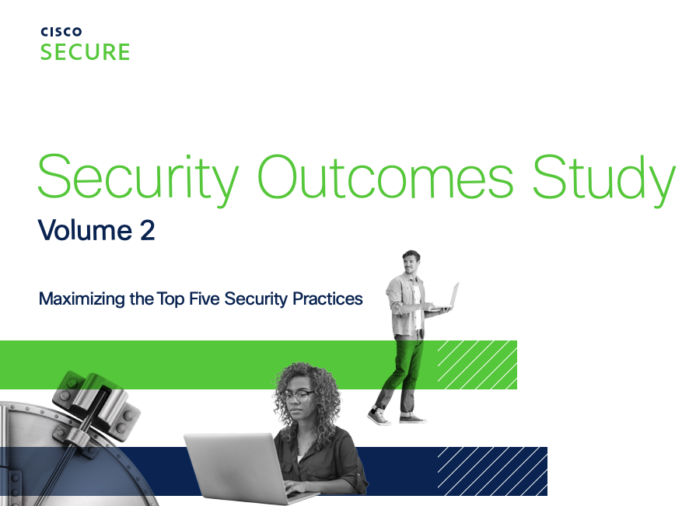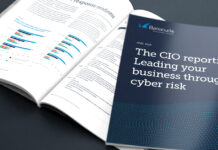Almost half (47%) of cybersecurity technologies used by companies in Singapore are considered outdated by security and privacy professionals working at these organisations, according to a study from Cisco.
Cisco’s ‘Security Outcomes Study Volume 2’ is based on a global survey of more than 5,100 security and privacy professionals across 27 markets, including more than 2,000 professionals from 13 markets in the Asia-Pacific region.
Aside from perceiving that their cybersecurity technologies are outdated, respondents from Singapore also consider their cybersecurity infrastructure unreliable and complex, with 44% and 55% respectively highlighting this in the survey.
The good news, though, is that companies in Singapore are investing in modern cybersecurity technologies and approaches to address this and improve their security posture.
Among local respondents, 92% said their company is investing in a ‘Zero Trust’ strategy, with 52% saying their organisation is making steady progress with adopting it, and 40% saying they are at a mature state of implementing it.
In addition, 87% of the respondents said their company is investing in Secure Access Service Edge (SASE) architecture, with 46% saying they are making good progress with adopting SASE, while 41% said that their implementation is at mature levels.
Further, organisations that have mature implementations of Zero Trust or SASE architectures are 35% more likely to report strong security operations than those with nascent implementations.
“As they [businesses across the globe, including here in Singapore] grapple with changes like a distributed workforce and digital-first interactions, it is imperative for them to be able to connect users seamlessly to the applications and data they need to access, in any environment and from any location,” said Kerry Singleton, Cisco’s managing director of cybersecurity in Asia Pacific, Japan and China.
“They need to achieve this while being able to control access and enforce the right security protection across networks, devices, and locations,” said Singleton.
The study also found that organisations that leverage threat intelligence achieve faster mean time to repair (MTTR), with rates 50% lower than those of non-intel users.
Firms with integrated technologies are seven times more likely to achieve high levels of process automation. Additionally, these organizations boast more than 40% stronger threat detection capabilities.
Further, automation more than doubles the performance of less experienced staff, supporting organizations through skills and labor shortages.
















